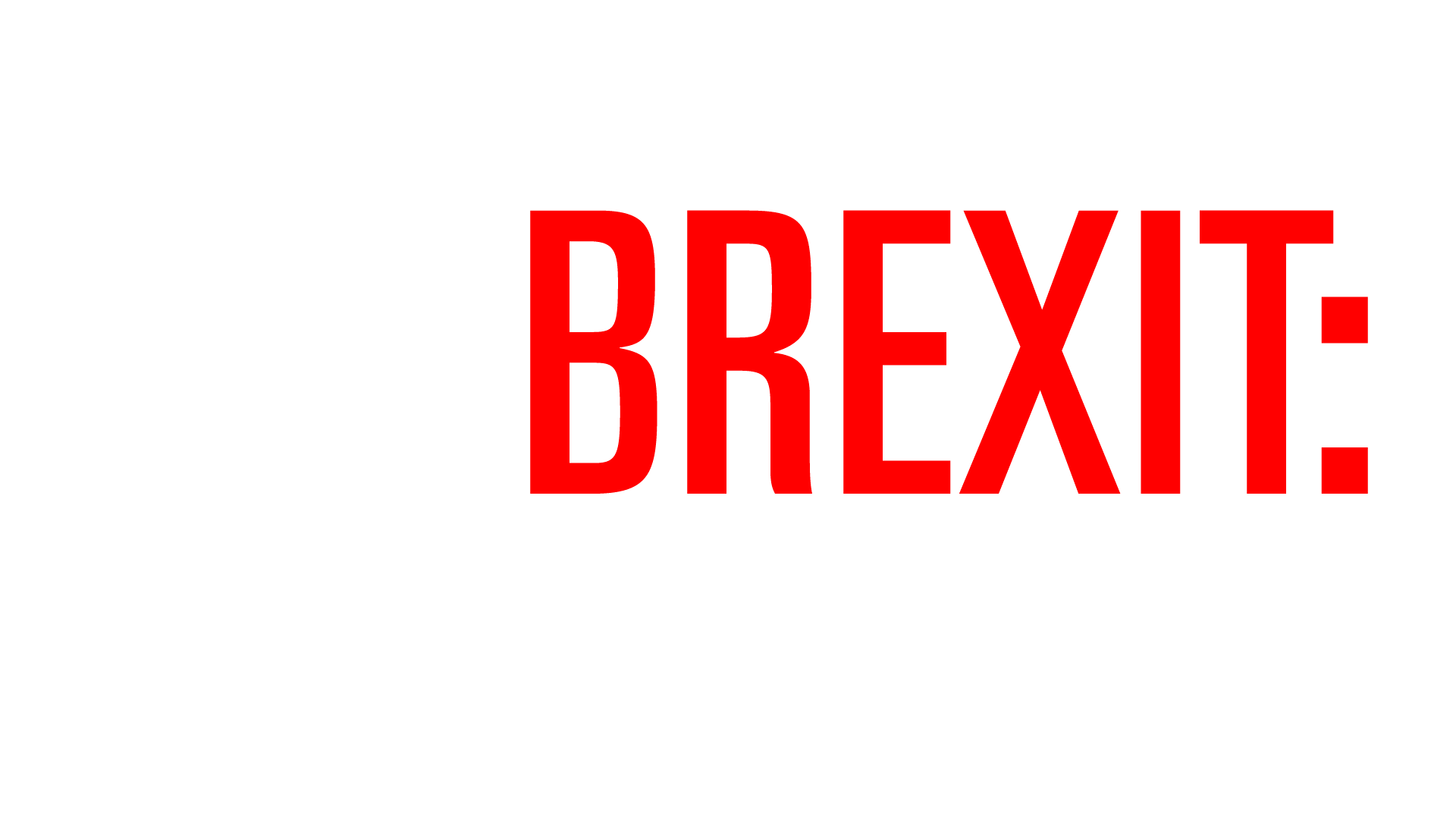

THE EFFECTS OF BREXIT ON THE UK AND EU
With Brexit, the EU would lose its second-largest economy, the country with the third-largest population and the financial centre of the world [and] its second-largest net contributor to the EU budget.
Shortly after the referendum, the German parliament published an analysis on the consequences of a Brexit on the EU and specifically on the economic and political situation of Germany. According to this, Britain is, after the United States and France, the third most important export market for German products. In total Germany exports goods and services to Britain worth about 120 billion euros annually, which is about 8% of German exports, with Germany achieving a trade surplus with Britain worth 36.3 billion euros (2014). Should a "hard Brexit" come to pass, the German exports would be subject to WTO customs and tariffs, which would particularly affect German car exports, where duties of about 10% would have to be paid to Britain. In total, 750,000 jobs in Germany depend upon export to Britain, while on the British side about 3 million jobs depend on export to the EU. The study emphasises however that the predictions on the economic effects of a Brexit are subject to significant uncertainty.
According to the Lisbon Treaty (2009), EU Council decisions by a qualified majority can only be blocked by if at least 4 members of the Council form a blocking minority. This rule was originally developed to prevent the three most populous members (Germany, France, Britain) from dominating the EU Council. However, after a Brexit of the economically liberal British, the Germans and like-minded northern European countries (the Dutch, Scandinavians and Balts) would lose an ally and therefore also their blocking minority. Without this blocking minority, other EU states could overrule Germany and its allies in questions of EU budget discipline or the recruitment of German banks to guarantee deposits in troubled southern European banks.
With Brexit, the EU would lose its second-largest economy, the country with the third-largest population and the financial centre of the world. Furthermore, the EU would lose its second-largest net contributor to the EU budget (2015: Germany 14.3 billion euros, United Kingdom 11.5 billion euros, France 5.5 billion euros).
Thus, the departure of Britain would result in an additional financial burden for the remaining net contributors: Germany, for example, would have to pay an additional 4.5 billion euros for 2019 and again for 2020. In addition the UK would no longer be a shareholder in the European Investment Bank, in which only EU members can participate. Britain's share amounts to 16% which Britain would withdraw unless there is an EU treaty change. After a Brexit, the EU would lose its strongest military power (next to France) including the British nuclear shield, and one of its two veto powers in the security council of the United Nations.
A report by Tim Oliver of the German Institute for International and Security Affairs expanded analysis of what a British withdrawal could mean for the EU: the report argues a UK withdrawal "has the potential to fundamentally change the EU and European integration. On the one hand, a withdrawal could tip the EU towards protectionism, exacerbate existing divisions, or unleash centrifugal forces leading to the EU's unravelling. Alternatively, the EU could free itself of its most awkward member, making the EU easier to lead and more effective." Some authors also highlight the qualitative change in the nature of the EU membership after Brexit: "What the UK case has clearly shown in our view is that for the Union to be sustainable, membership needs to entail constant caretaking as far as individual members' contributions to the common good are concerned, with both rights and obligations."
As of 15 November 2016, the European Parliament is moving to sideline British MEPs as discussions with Brussels are underway ahead of the exit talks. Although, ''the heads of committees will present the reports by January, when a decision on whether to sideline British MEPs from certain committee positions will be made. The request by the parliament president reflects growing concerns from a number of MEPs that British MEPs may attempt to influence EU legislation to suit Britain’s own agenda as the country prepares for Brexit.''
UK withdrawal "has the potential to fundamentally change the EU and European integration. [...] the EU could free itself of its most awkward member, making the EU easier to lead and more effective."
After a Brexit, the EU would lose its strongest military power including the British nuclear shield, and one of its two veto powers in the security council of the United Nations.